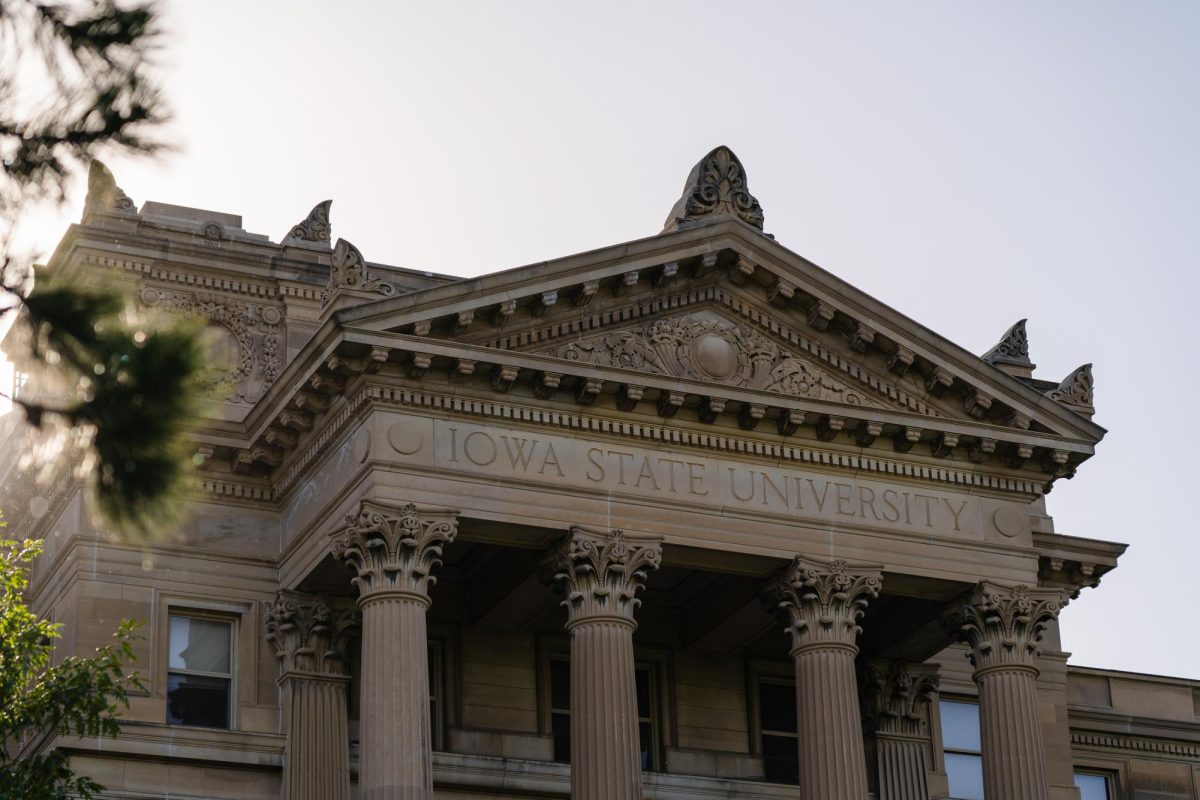COLUMN: Binge drinking needs more limits on campus
October 20, 2003
Jackson Vroman was arrested for driving while intoxicated last week, marking yet another entry on the ISU men’s basketball team’s “List of legal woes.” My condolences go to the ISU officials involved in dealing with the ever-increasing negative publicity shrouding the team, coaches past and present and future recruiting.
Yet we must realize college athletes are much more susceptible to alcohol abuse than any other type of college student, according to some recent studies done by a Harvard research team. The study looked at questionnaire responses from more than 12,000 college students, including 2,172 athletes, at 130 four-year colleges across the nation in 1997. “Some of the findings are highly suggestive that the team atmosphere may help to promote some of these heavy drinking behaviors,” said Toben Nelson, author of “Medicine and Science in Sports and Exercise,” from the American College of Sports and Medicine journal.
Educational campaigns and programs to deter excessive drinking — and Iowa State does have one — are not effective. According to the study, athletes reported a significantly higher level of exposure to alcohol education, but the exposure did not decrease their drinking. In fact, the bigger drinkers tended to be people who reported seeing more anti-drinking education messages. Researchers believe it will take a more multi-faceted approach to control the drinking, including pressure from coaches, trainers, team physicians and administrators, because students already know what’s wrong with drinking too much.
Most of the heaviest drinkers ignore educational programs because they don’t view their drinking as a problem, according to the study. Only one-quarter of the frequent binge drinkers say they ever had a drinking problem, and two out of three students who drink that amount consider themselves “moderate drinkers.”
Students have been warned, but obviously they need more.
College and university administrators must take more measures to decrease the excessive drinking among athletes and Iowa State is certainly no exception. While the survey results indicate that colleges who ban alcohol for everyone on campus — including those 21 and older — have lower rates of binge drinking and associated problems, the causal direction of this relationship isn’t clear.
Also within the control of any university is admitting athletes to academic programs based solely on athletic scholarships. What’s valued more in this culture, outstanding athletic performance on a winning basketball and/or football team or outstanding academic performance? The first clue is the fact that academic help is handed on a silver platter to the athletes.
Iowa State needs to enforce tougher policies on its student athletes. Vroman’s suspension — after his second arrest, nonetheless — is equal to a slap on the hand. Head coach Wayne Morgan was quoted in the Daily last Friday as saying, “Jackson … has jeopardized his future at Iowa State.” Wrong verb. How about ended his future at Iowa State?
Considering the repeated OWI citations of half the team, what is it going to take until university officials actually do something? Suspending an athlete only sends the message that irresponsibility and lawlessness is acceptable and you get a second, third, fourth or fifth chance. Shouldn’t this university have higher standards?
Ames has already taken some steps to curtail excessive alcohol consumption in general by banning all-you-can-drink promotions in the local bars. And the university has restricted alcohol sales and consumption on campus and banned liquor sales at athletic events, but that’s just a start.
It’s not just athletes who struggle with alcohol abuse. It is a campuswide problem and an issue that requires the cooperation of everyone. A way professors could be a positive influence is by taking away points for decreased attendance or schedule tests for Friday classes to discourage excessive Thursday night partying.
Whether it’s the former head basketball coach or the star quarterback on the football team, we all need accountability and should expect as much from anyone in high profile positions.
College athletes and most professional athletes are role models whether they realize it or even want to be — it’s part of the job description. They are closely watched and admired by prospective, younger students, so their behavior on and off the field or court matters.






